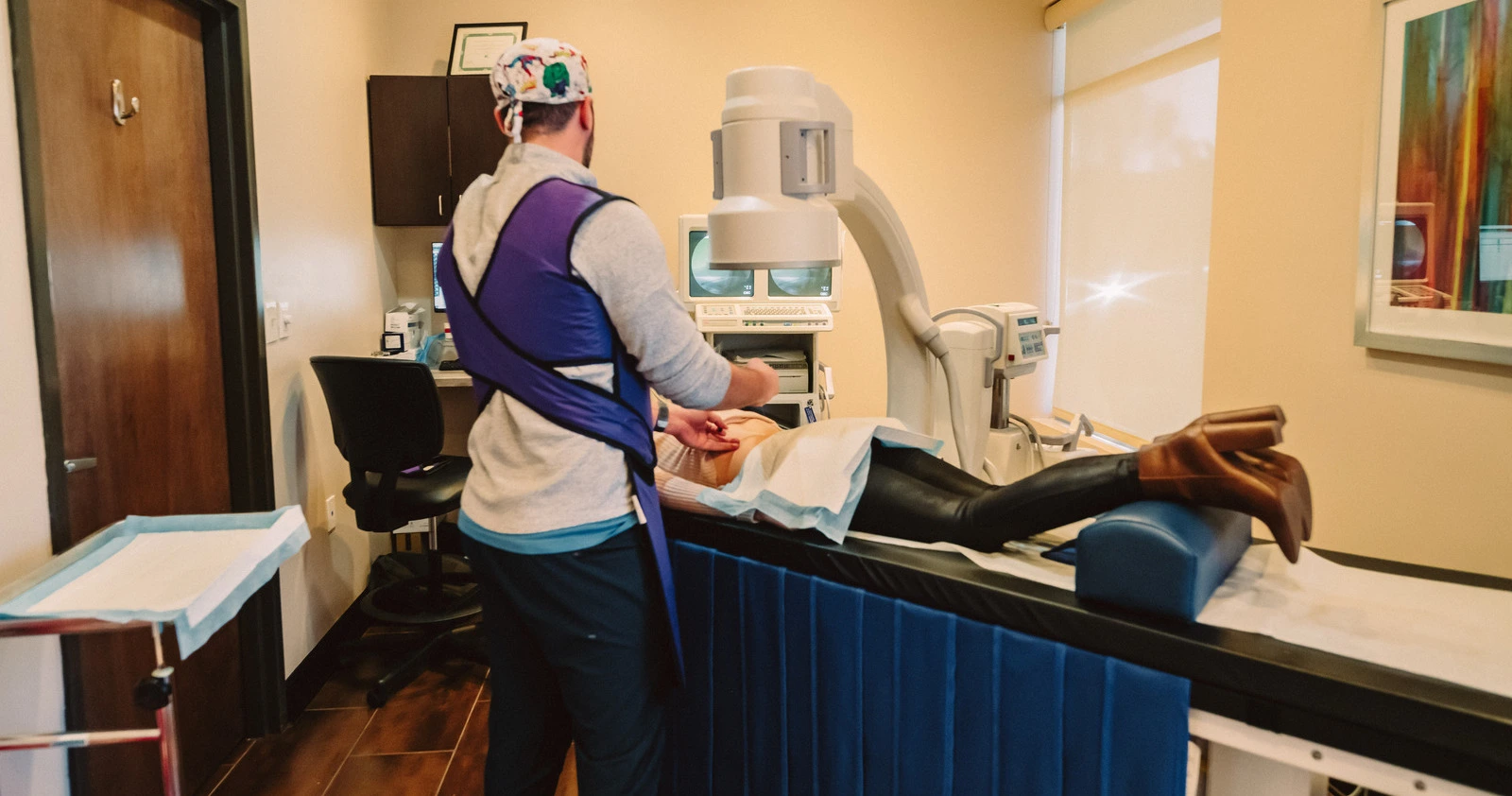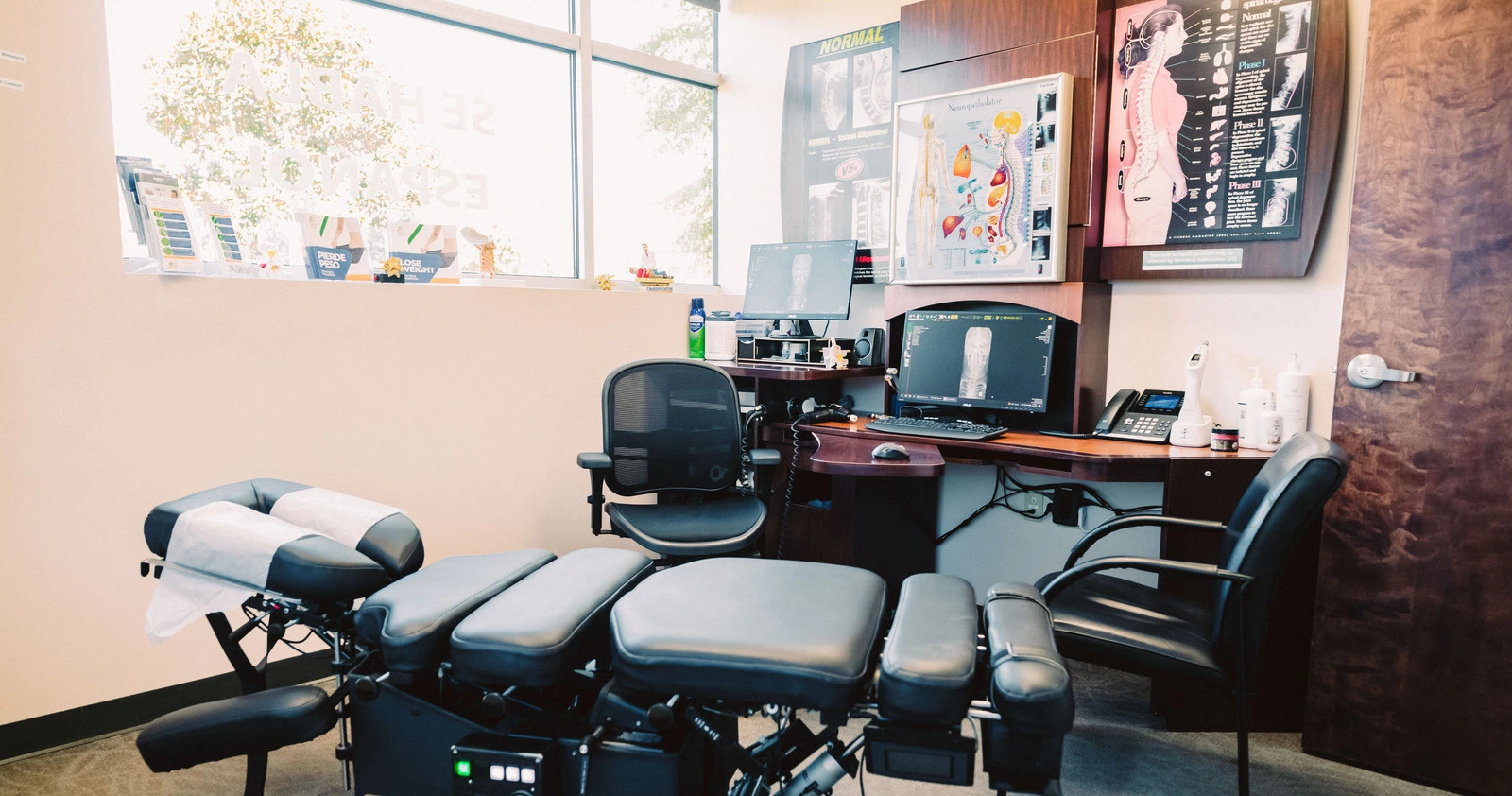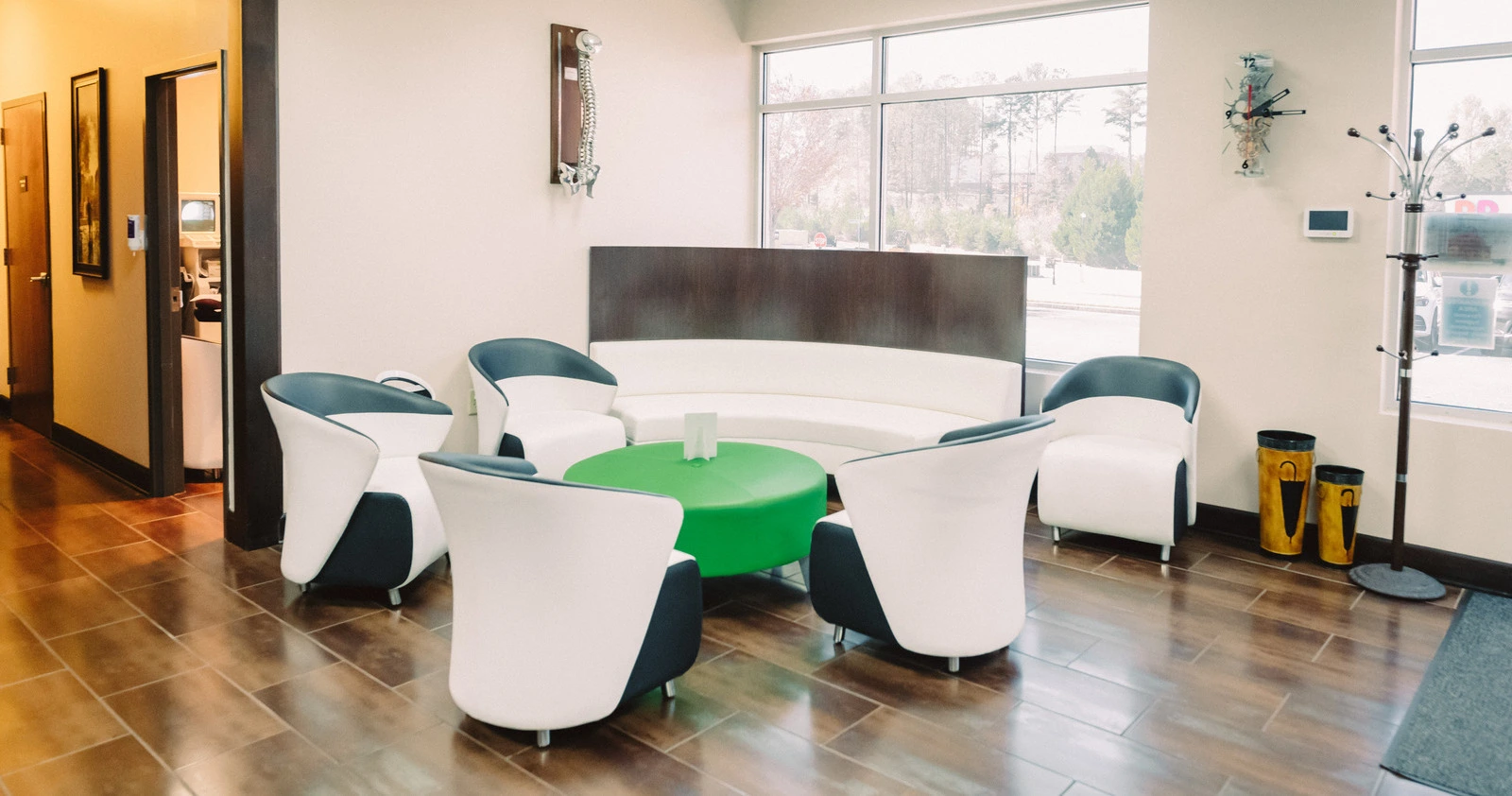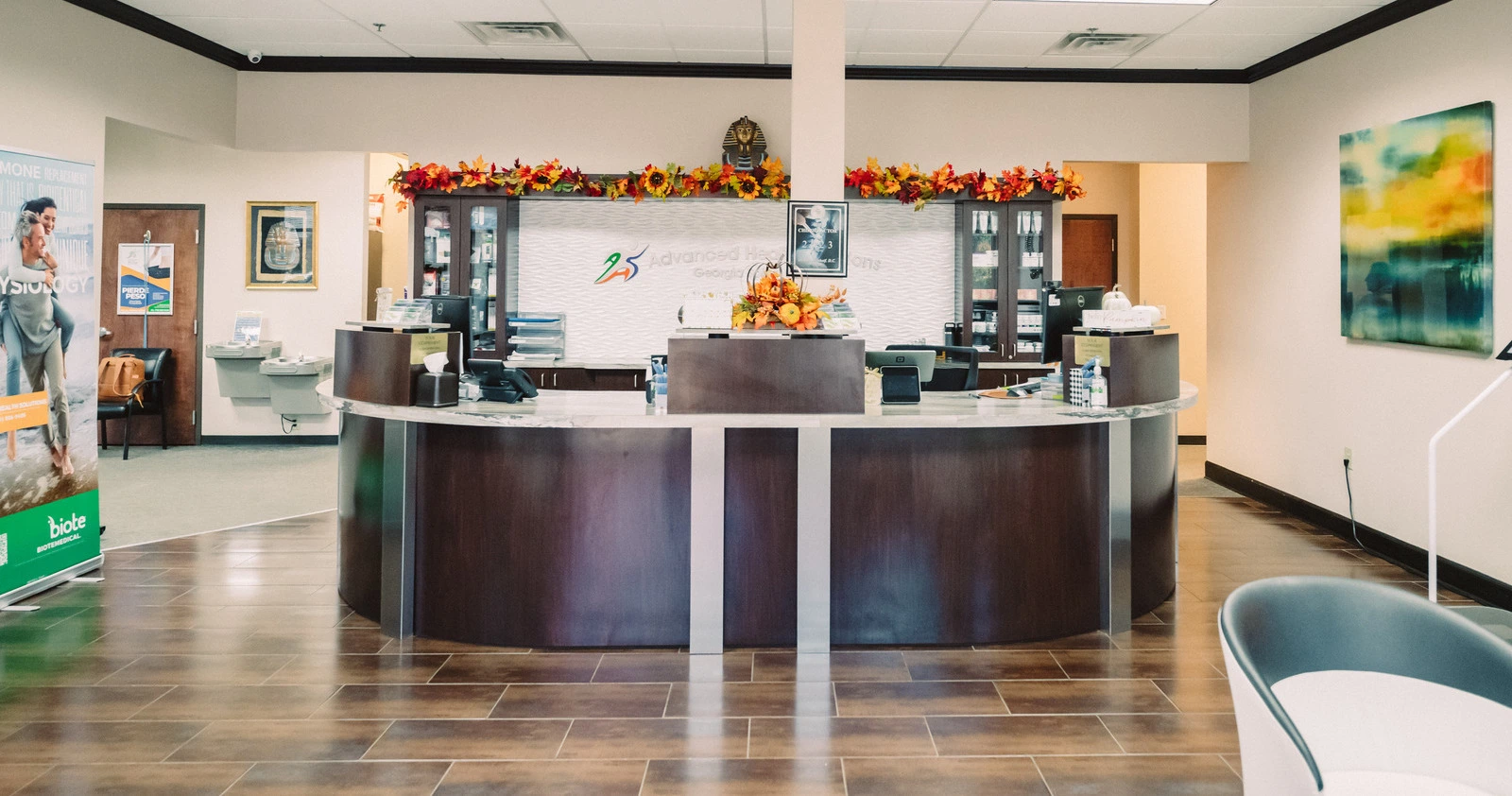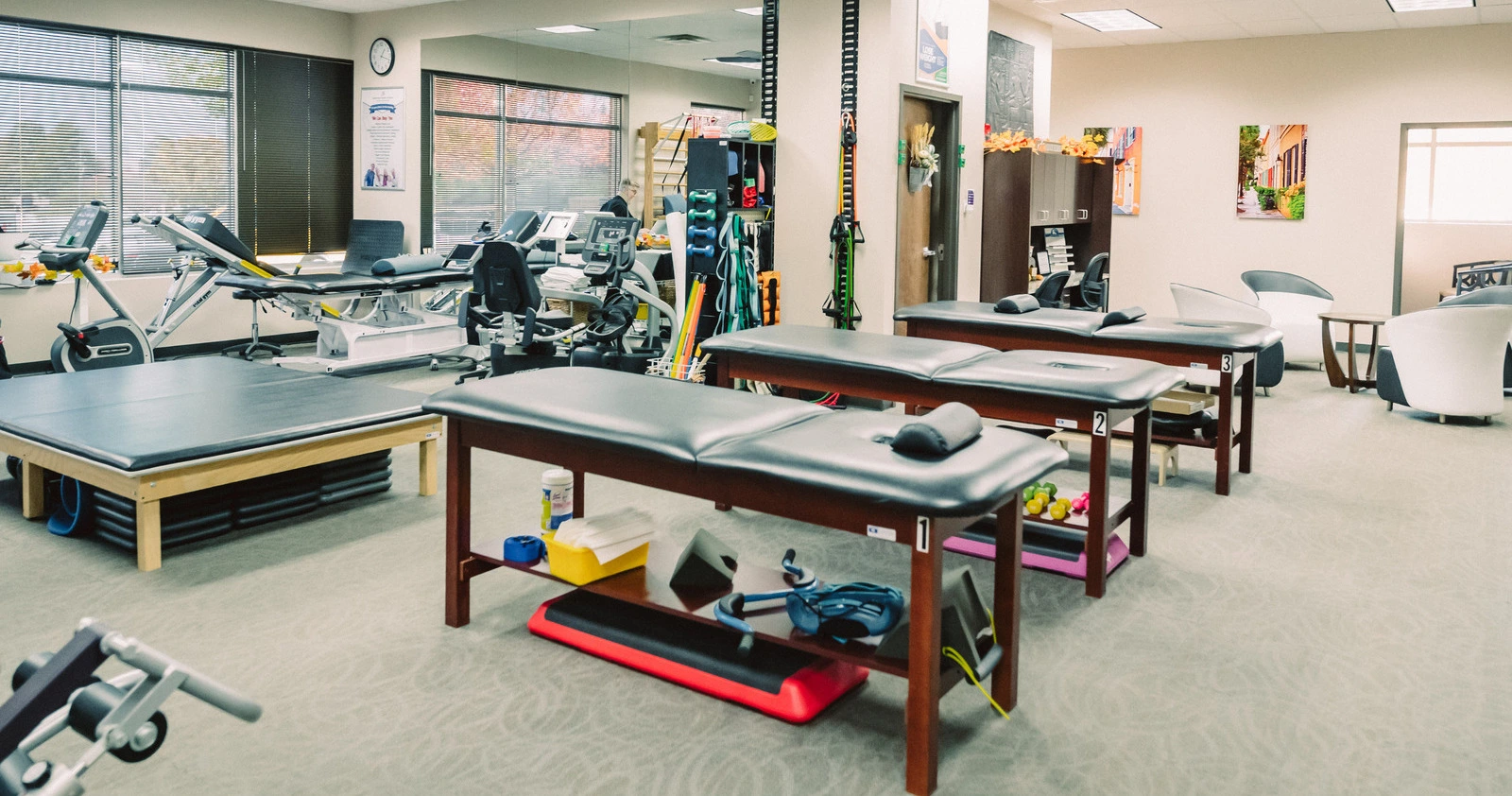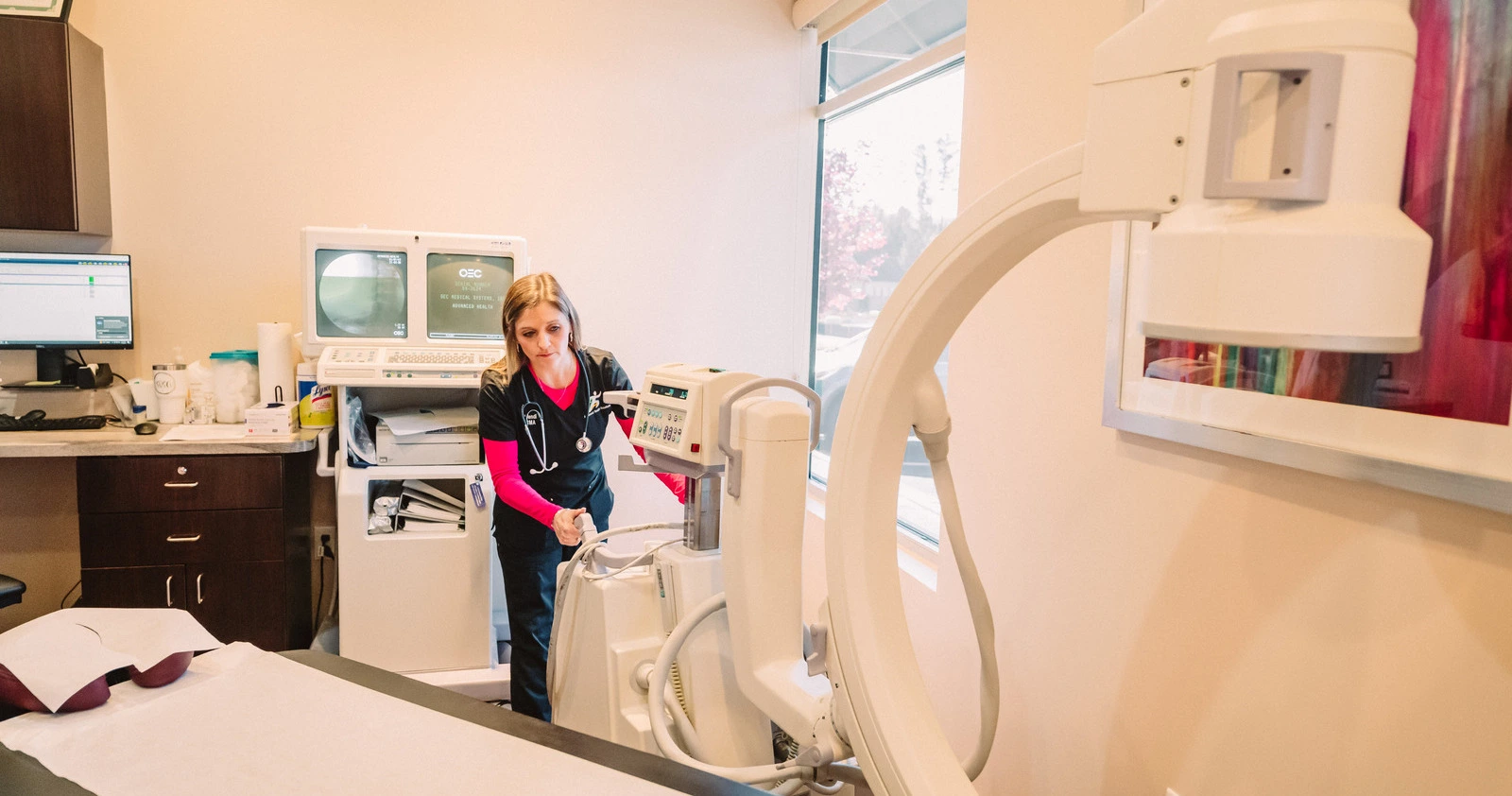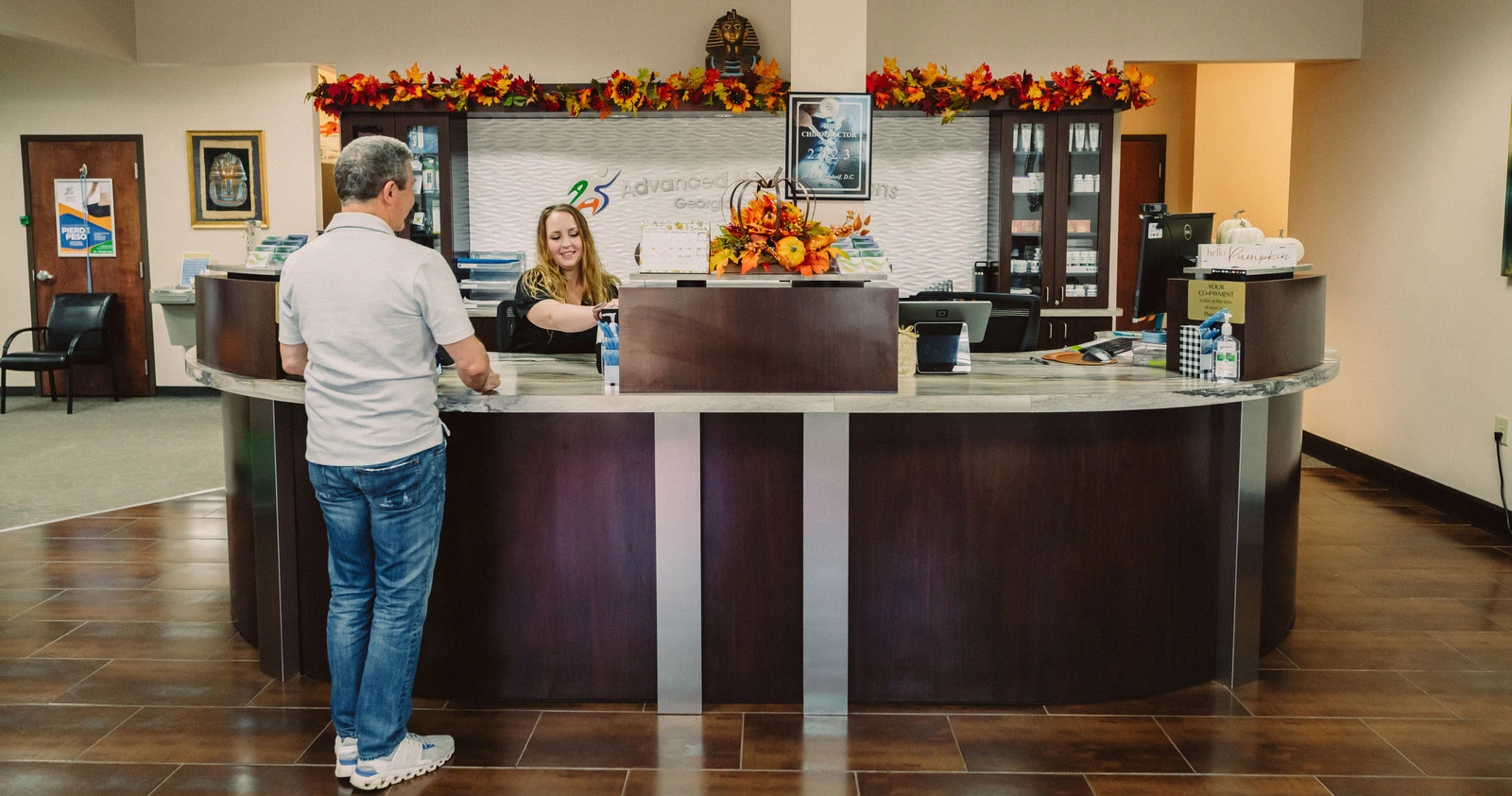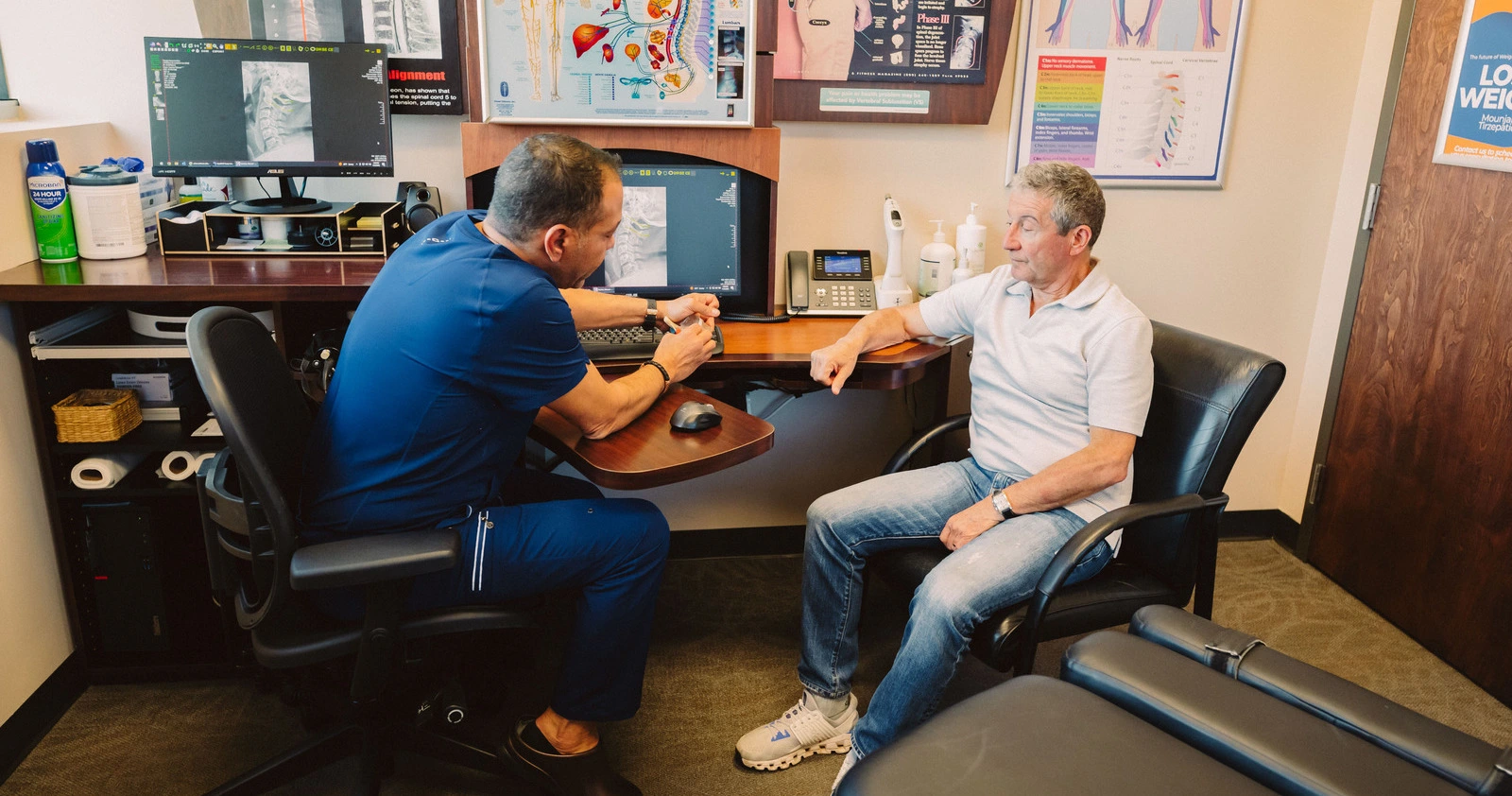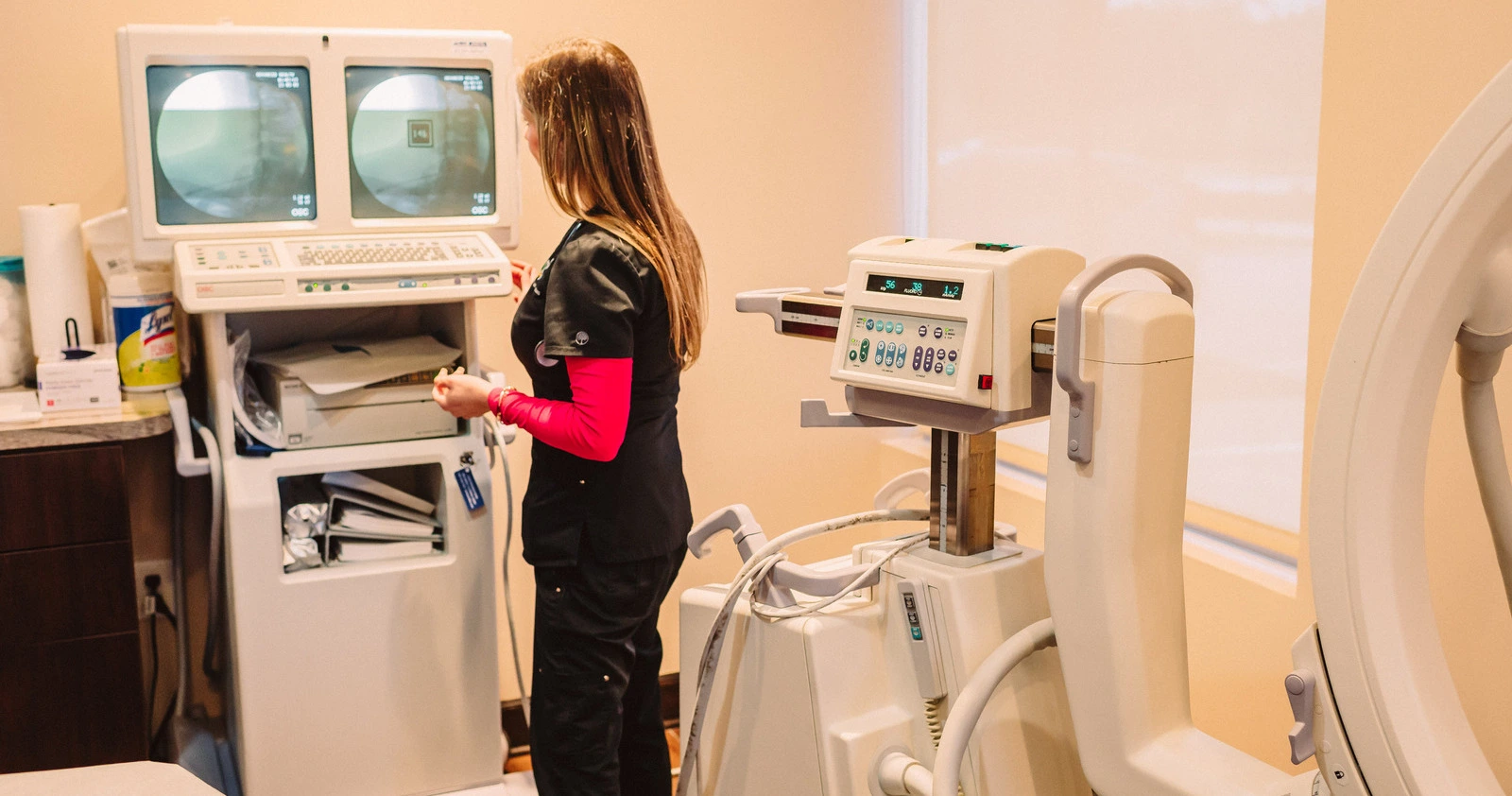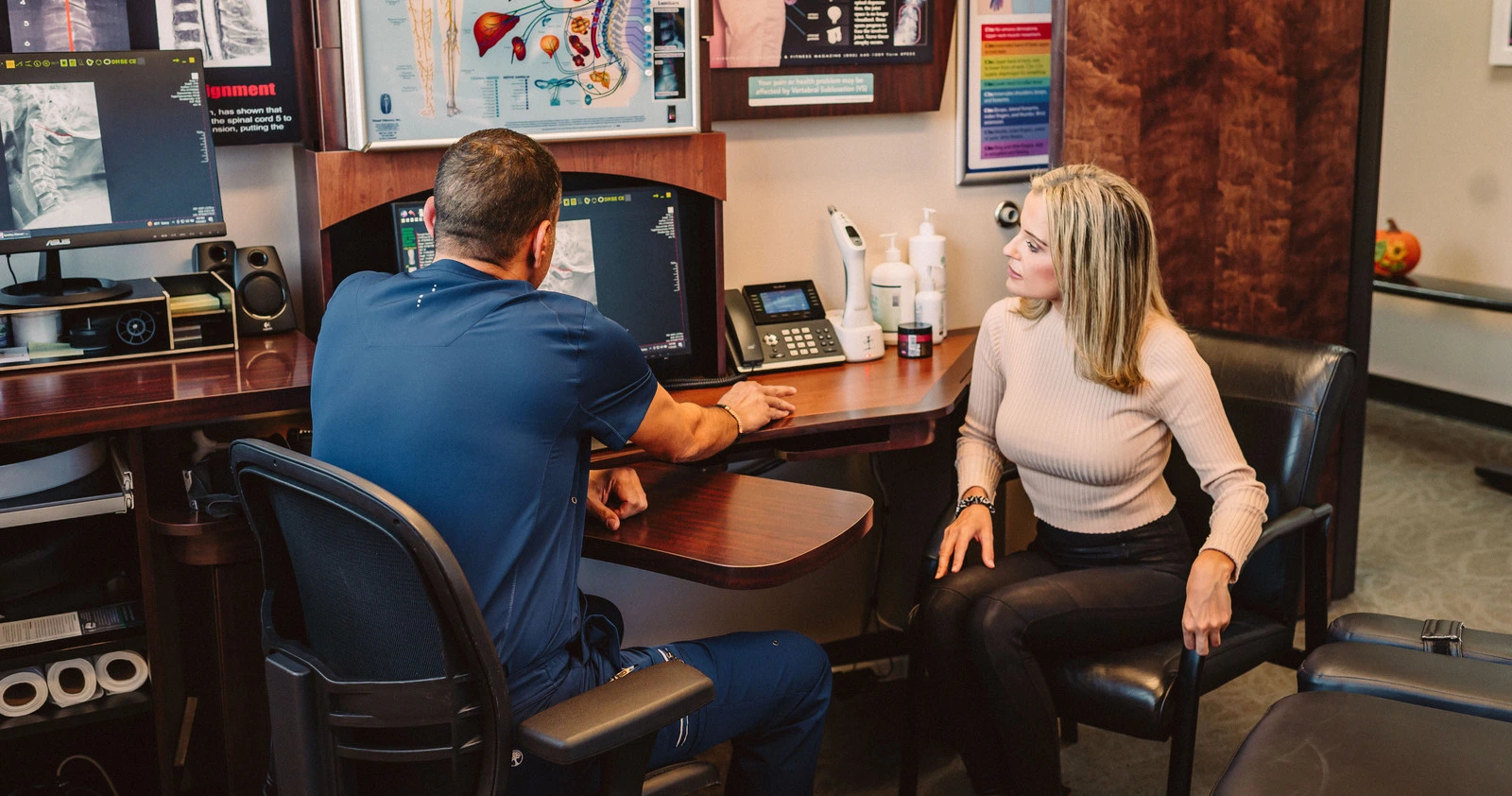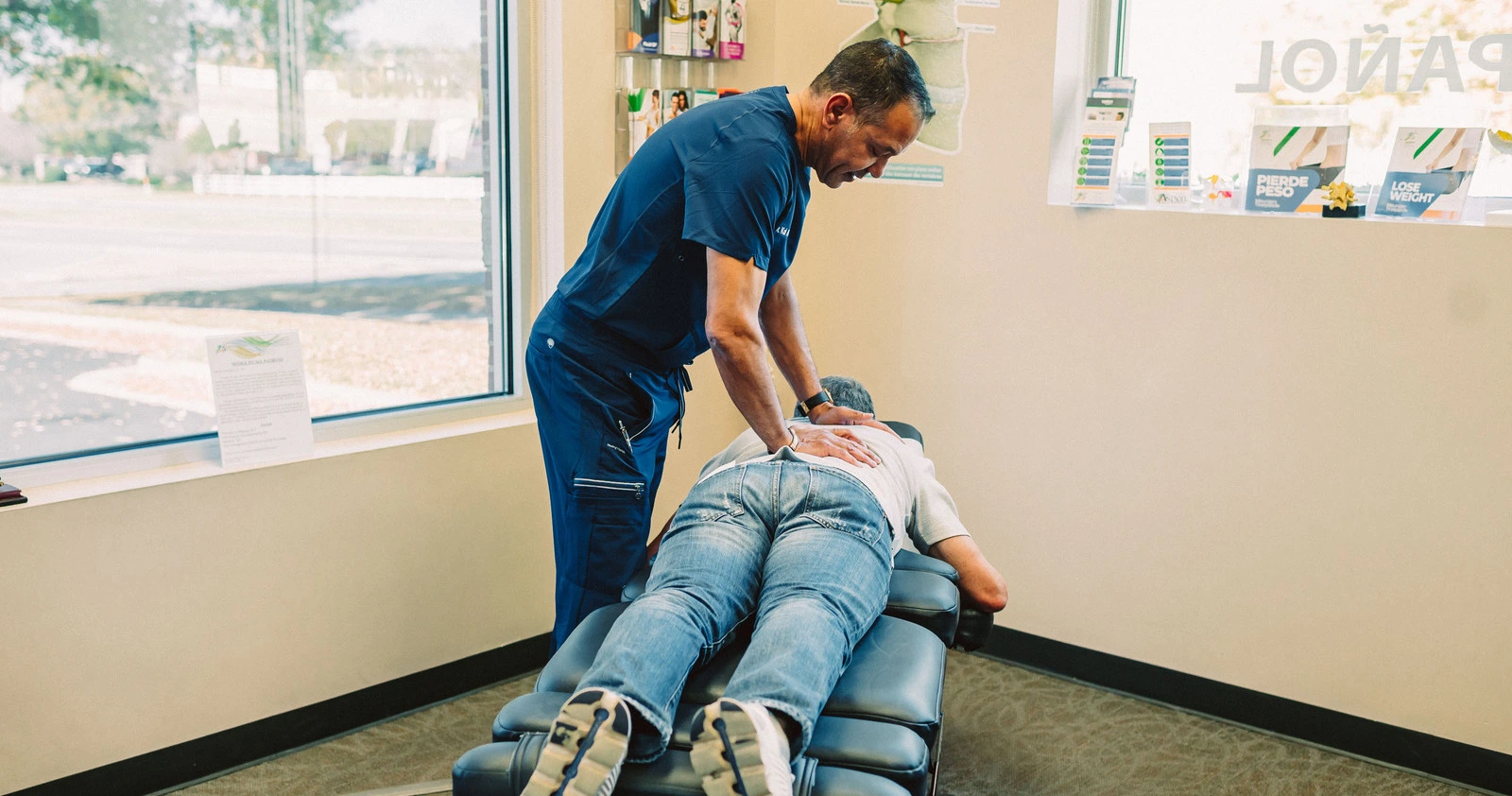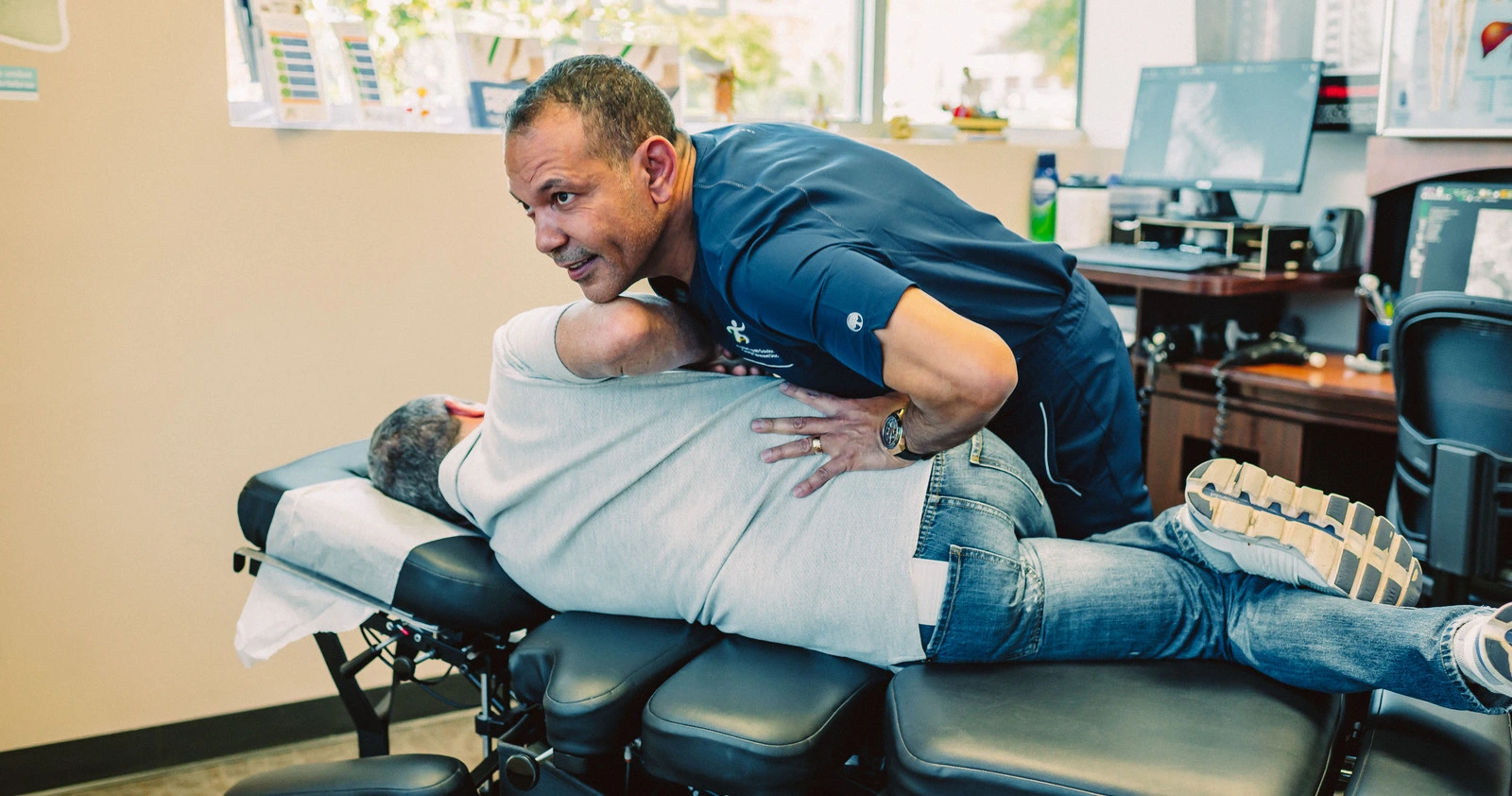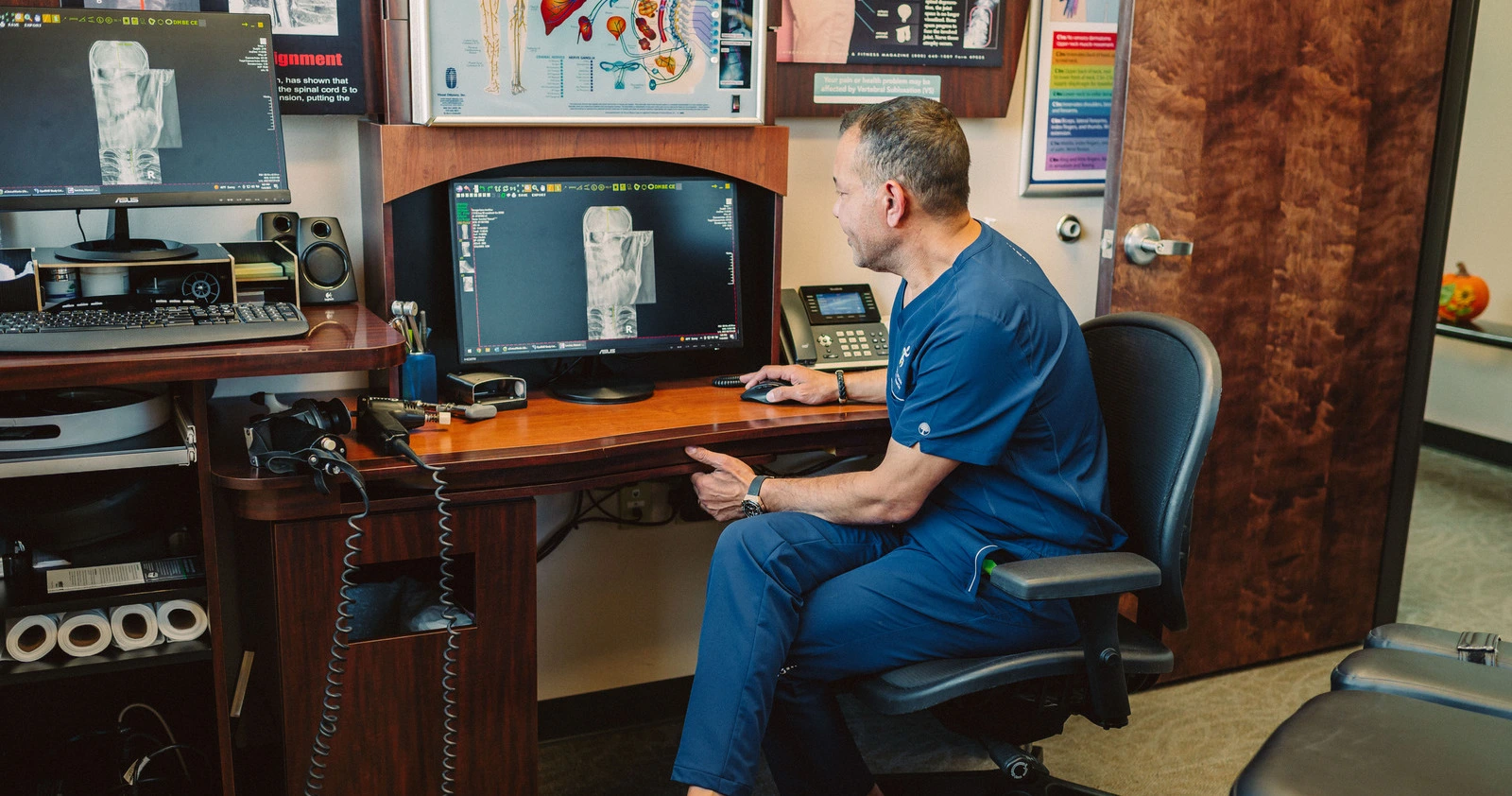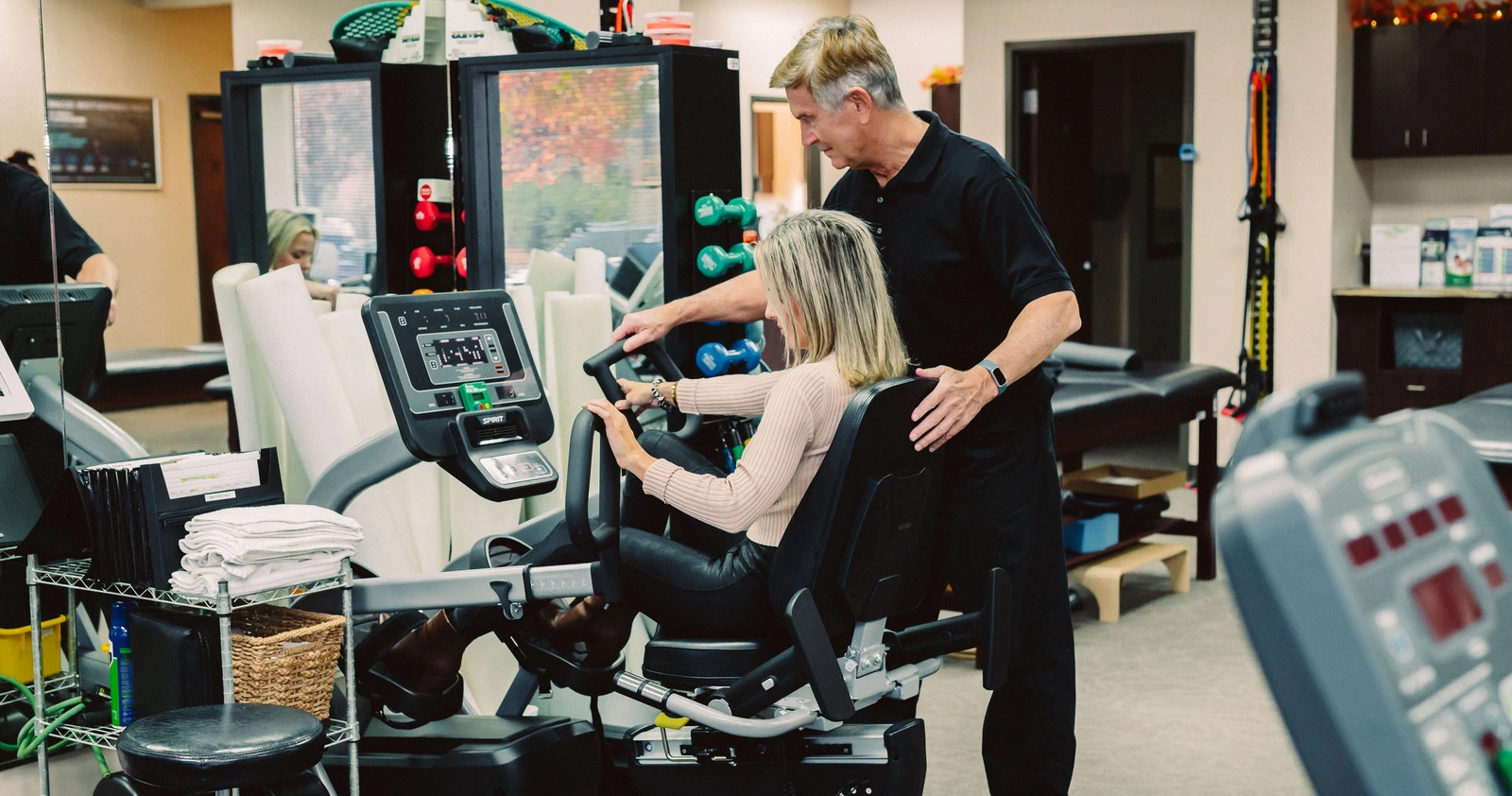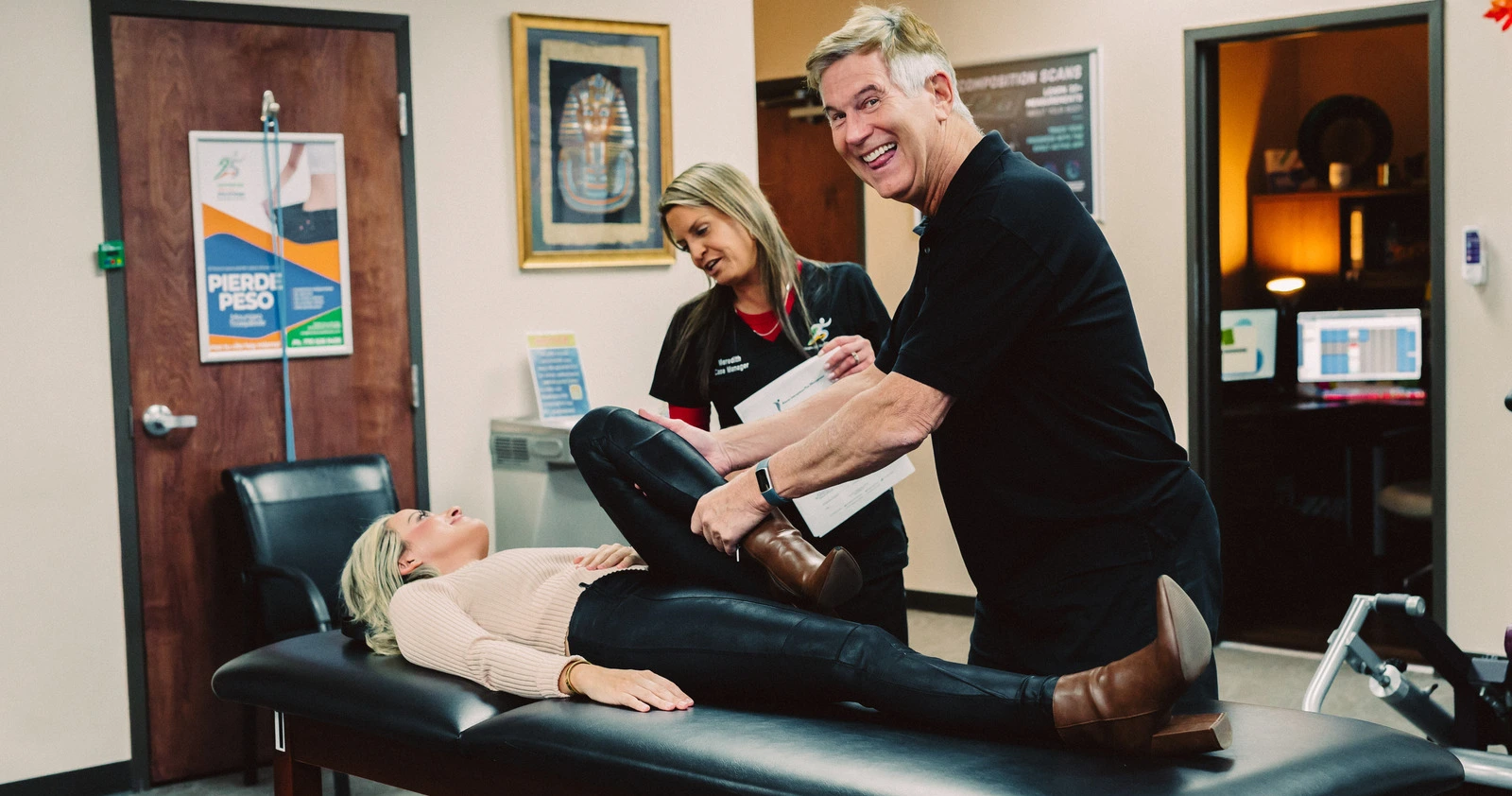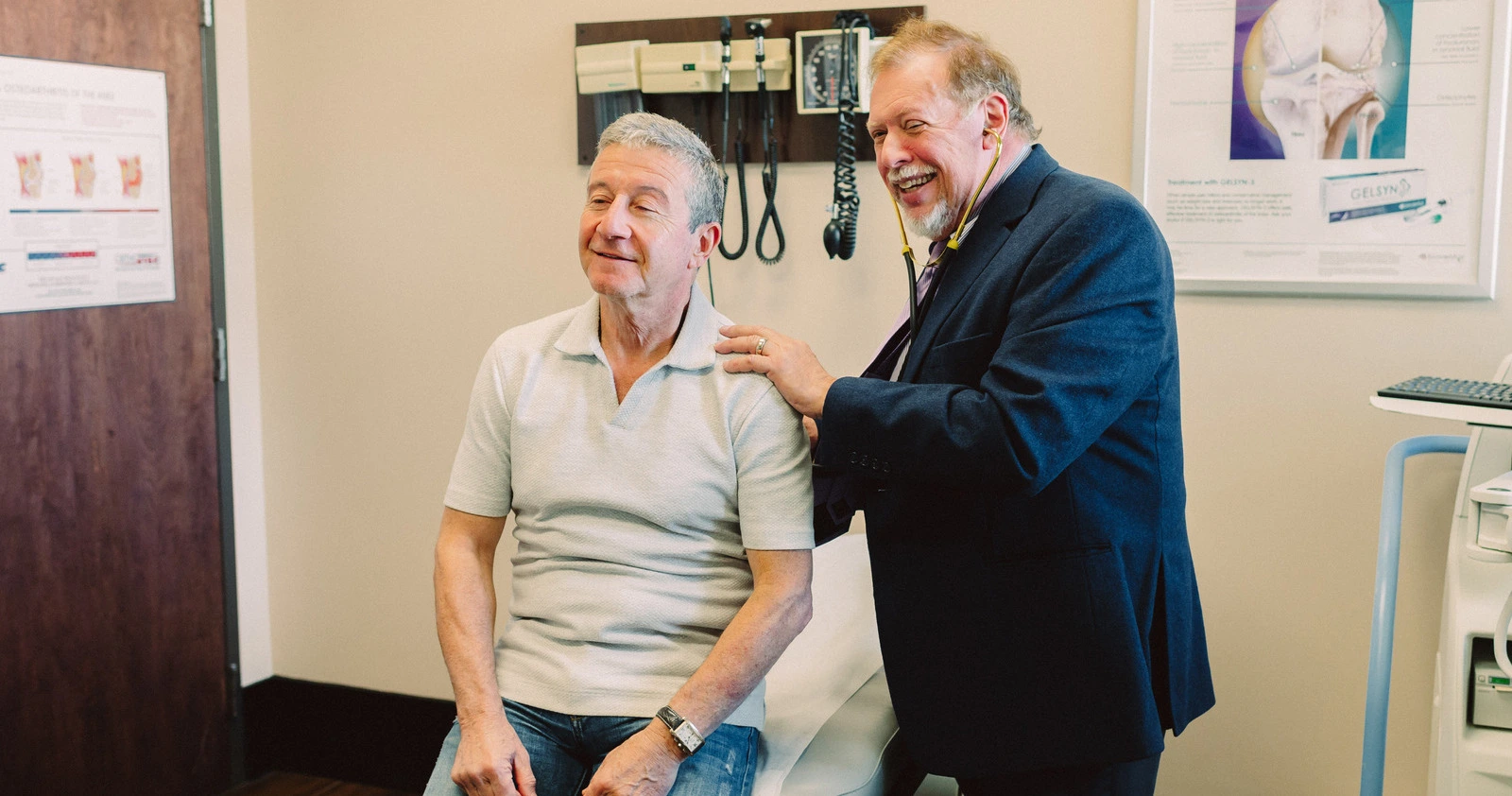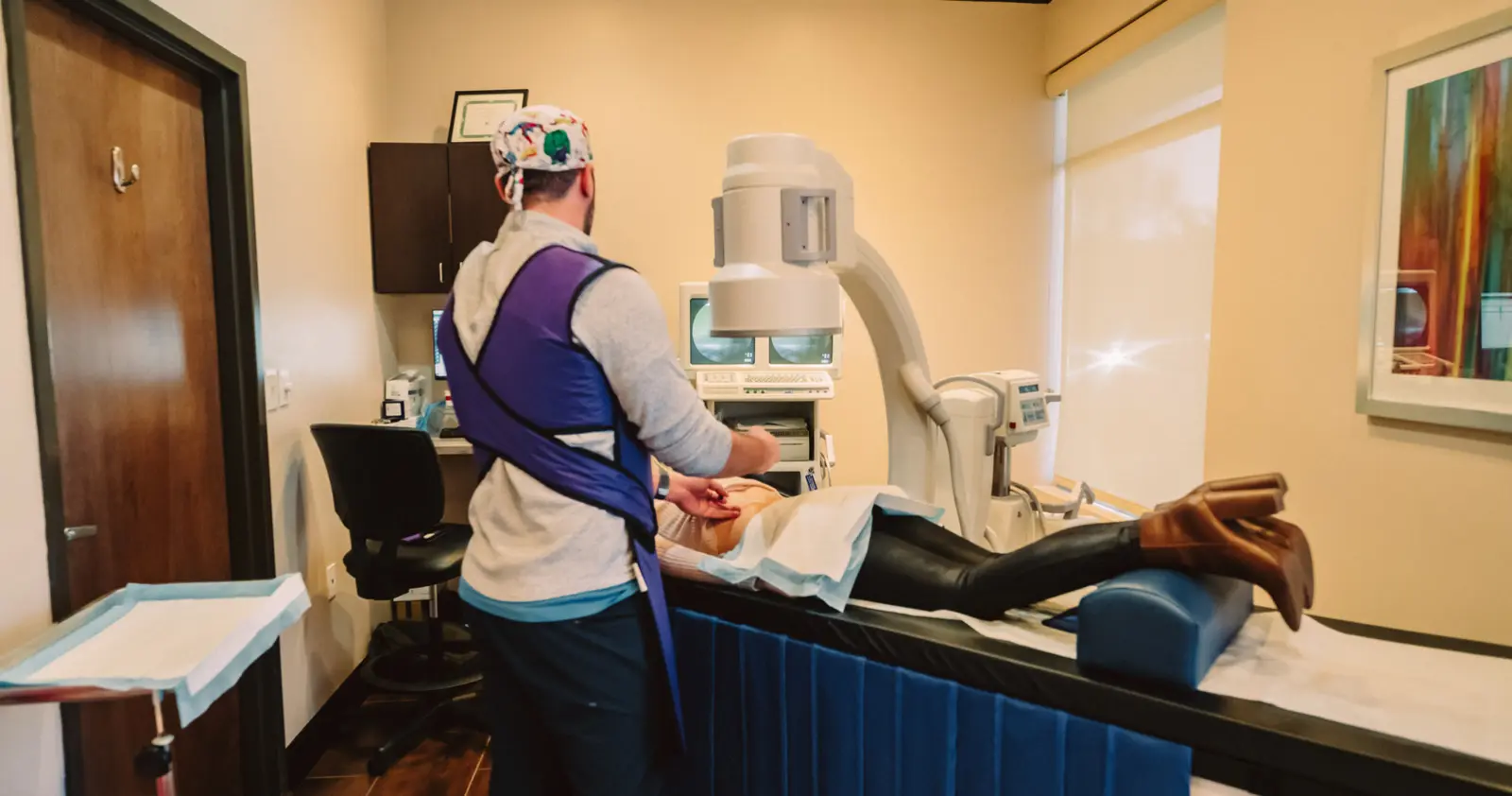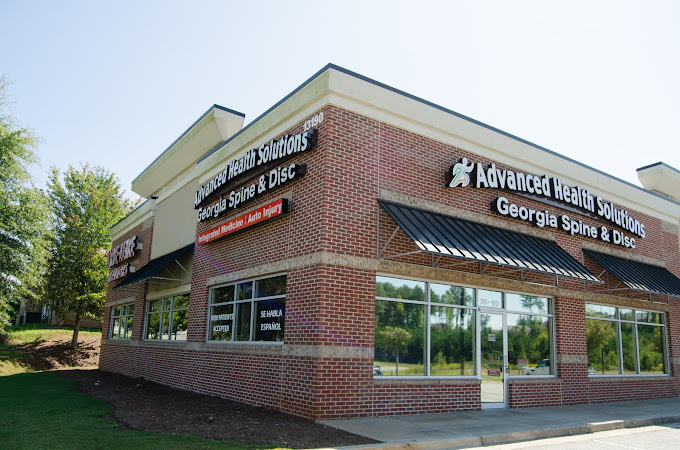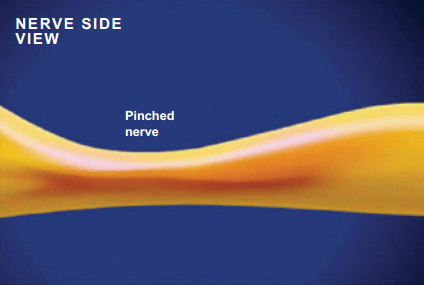
Pinched Nerve Causes, Symptoms & Risk Factors
A pinched nerve happens when excessive pressure is applied to the nerve by the surrounding tissues, like cartilage, bones, tendons or muscles. The pressure disrupts the function of nerve, causing weakness, pain, numbness or tingling.
A pinched nerve can happen at some sites in the body. For example, the herniated disk in the lower spine may put pressure on the nerve root, causing a lot of pain which discharges down the back of the leg. Similarly, the pinched nerve in your wrist can cause numbness and pain in your fingers and hand (carpal tunnel syndrome).
With other conventional treatments, many people recover from the pinched nerve in a few weeks or days. Sometimes, surgery is required to alleviate pain from the pinched nerve.
Pinched Nerve Symptoms
The signs and symptoms of a pinched nerve include:
• Regular feeling which a hand or foot has “fallen asleep.”
• Burning pain, aching or sharp that may radiate outward.
• Numbness or reduced sensation in the body part supplied by a nerve.
• The weakness of muscle in the affected part.
• Tingling, needles and pins sensations (paresthesia).
The issues related to the pinched nerve may be worse when you are sleeping.
When To See A Doctor In Woodstock, Georgia
See a doctor or book an appointment at Our Advanced Health Solutions Medical Center if the signs and symptoms of the pinched nerve last for many days and do not respond to the self-care measures, like rest and over-the-counter pain relievers.
Pinched Nerve Causes
A pinched nerve happens when excessive pressure (compression) is applied to the nerve by surrounding tissues. In some situations, this tissue might be cartilage or bone, such as in the case of the herniated spinal disk which compresses the nerve root. In other cases, tendons or muscle may cause the condition.
In the case of the carpal tunnel syndrome, different tissues may be responsible for the compression of carpal tunnel’s median nerve, including swollen sheaths of the tendon in the tunnel, a thickened and degenerated ligament, or enlarged bone which narrows the tunnel.
Here are some conditions that may cause tissue to compress a nerve(s), including:
• Wrist arthritis or rheumatoid
• Injury
• Obesity
• Hobbies or sports activities
• Stress from repetitive work
If a certain nerve is pinched for only a short period, there is often no permanent damage. Once a doctor pressure is entirely relieved, nerve function returns to normal. But, if the pressure continues, permanent nerve damage and chronic pain can occur.
Risk Factors
These factors may increase your risk of experiencing a pinched nerve:
• Sex -Women are at high risk of developing carpal tunnel syndrome, probably because of having smaller carpal tunnels.
• Bone spurs -Trauma or a condition which leads to bone thickening, like osteoarthritis, can lead to bone spurs. Bone spurs can stiffen the spine and narrow the space where your nerves travel or grow, pinching nerves.
• Rheumatoid arthritis – Rheumatoid arthritis cause inflammation that compresses nerves, particularly in your joints.
• Thyroid disease -People with the thyroid disease are more likely to develop carpal tunnel syndrome.
Other risk factors include:
• Obesity
• Diabetes
• Overuse
• Prolonged bed rest
• Pregnancy


